How's everyone doing? I trust your past week has gone well. I have been reflecting recently about consistency of creative output. I thought now would be as good a time as any to get some of my ideas down "on paper" (in pixels?) This is a topic that is pertinent to any creative individual, which in the final estimation includes all human beings, who are all artists of one sort or another — we simply use a wide diversity of mediums to express our art — which sometimes obscures this fact.
.
Please weigh in on this in the comments below,
I would love to hear your insights :-)
.
P.S. I began writing this a couple of weeks ago, and am happy I allowed it to ruminate so that fresh insights could be added to the topic. I hope it proves a worthwhile read for you!
In common parlance, an artist is someone involved in the creation of visual beauty, often through painting, drawing, sculpting, etc. From aesthetic creations appreciated by the eyes, this narrow definition begins to progressively widen to encompass the other senses — the auditory beauty of musicians, poets, and writers, the edible artistry of chefs, etc. In the broadest conception, anyone who has a substantial amount of prowess in a particular endeavor can be called an artist at work. Lingering from our collective past is also the alchemical conception of Art and the Great Work, acknowledging that our essential nature is creative as a consequence of being an outgrowth of the immeasurable masterpiece which is our universe, created with infinite attention to detail by the impersonal force of Cosmic Genius.
.
There has been much ado made over the centuries regarding so-called innate "talent" and artistic proclivities in contrast with the prowess that is attained by long, tedious cultivation of a skill. Like all dichotomous debates, "nature vs. nurture" is an illusion of opposites not anywhere present outside the empty idealism of intellection. Humans also have the tendency to either denounce or worship what they do not understand, which in both cases is an instinctual response to the fear and awe that arises when witnessing individuals perceived as outliers. The mystification of creativity results in much confusion about the nature of the creative urge — and its nurturance.
The mystification of creativity
.
We are born into a mysterious, harshly bright-and-cold world from the primordial safety of the warm womb. As soon as we advance beyond synesthetic, overwhelming, semiconscious infancy and the perception of ourselves as separate beings gradually dawns upon us, we look at adults as divine guardians and/or adversaries that appear to us. Adults are our heroes, mentors and examples of what being a human looks like, and we absorb everything they do, imitating even their minute mannerisms.
As we grasp the reality that they are physically (and in many ways mentally) more powerful than we, our imagination projects beyond what we perceive with the senses to visualize adults as demigods of sorts. Many skills which they possess appear to be superpowers. I don't think we ever lose this sort of primal awe for excellence — it lives on in the mystification of both creativity generally and creatively-oriented individuals specifically, as we become older.
Intuitive and analytical aspects of creativity
.
Often, people that are seen as "naturally gifted" in a medium are those intuitive individuals who seem to just "get it." They are perhaps able to perform prodigious feats of technicality and inexplicable creative leaps seemingly effortlessly. These impressive performances become the more striking when their creators are often unable to explain or describe how they do what they do. Generally, to tap into the intuitive aspect of oneself means to be in a sort of unthinking, meditative flow-state in which the universal force of impersonal genius is allowed to express itself through us. In short, we become a channel for the boundless creative force that is ever-awaiting our acquiescence — the consent of the personal will.
In the face of the glamour of the dazzling displays of intuitive brilliance, we often downplay the grueling, tedious labors of the artist who spends countless hours perfecting the minutiae of their craft. To be a great artist does not only require the nurturing of the (perhaps natural) ability to enter an intuitive flow state — the ability to descend from these ecstatic heights and dispassionately analyze one's work is also key to continual growth.
Iterative hyperfocusing interspersed with observation
.
The approach that I have found to work best for me when looking to make rapid progress in any given medium is a sort of quickly-iterative hyperfocusing — with a hefty dose of myopia to tune out extraneous mental noise — interspersed with periods of relative calm in which we soberly observe what has been created. It is important to be fearlessly honest about the current state of our work without being emotionally abusive of ourselves. It's a kind of compassionately firm "tough love," and it helps to remember that what we create is completely unable to define us. How can the created affect the creator — the finite affect the infinite? We are always greater than what we produce.
The approach described above cultivates the ability to navigate various states of consciousness and mental sets with grace and ease. For the purposes of this article, I won't describe it much further so I can get to the main point sooner rather than later, but I will recommend Sycra's video Iterative Drawing — the fastest way to improve as a good example of a similar approach as applied to visual art.
Artistic consistency and avoiding creative burnout
.
It is clear to me that to achieve anything substantial in terms of mastery of a given medium, lots and lots of sheer "mileage" is necessary. However, the manner in which we generate this experience is of critical concern for the one concerned with longevity. There are paths that may carry us to prominence but leave us feeling terribly empty, as can be seen in the archetype of the infant prodigy who eventually loses all interest in the field they have substantially mastered in early youth. Often, these individuals end up gravitating instead towards something totally out of left field that they are perhaps not naturally gifted in — preferring the challenge and sense of fulfillment that overcoming these obstacles and expanding one's self-definition brings.
It's important at this point that I disclaim the possession of any magical formula for avoiding burnout. I feel it is a constant learning process for any creative person which is highly individualized and subjective — "balance" always changes its form depending upon local conditions. However, I want to offer a few tips that have helped me gradually be better able to harness the volatile and unpredictable creative force over the years. The next section will be more rapid-fire and provide some jumping-off points for discussion. Please weigh in with a comment and let me know other things which have helped you stay inspired!

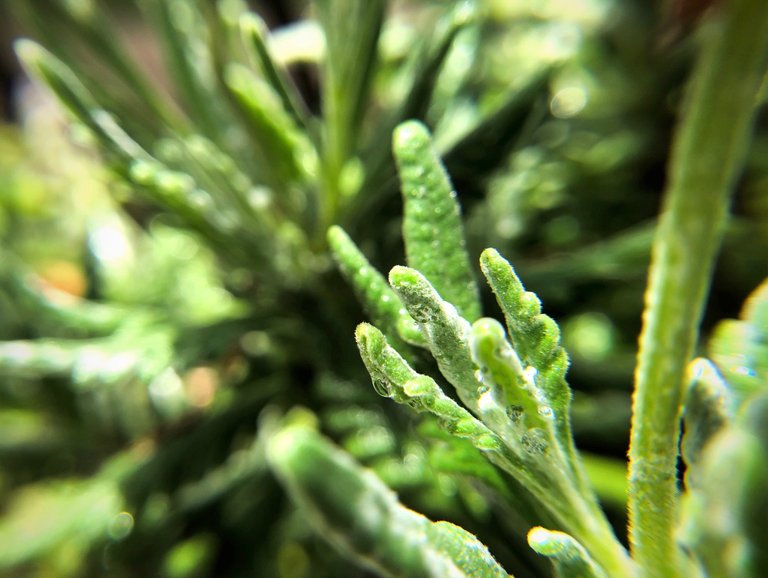

Some tips to stay consistent and avoid burnout
.
1. Do not depend upon any one skill or creative area to provide you with self-worth.
.We are always greater than what we do; the essence of our value is ontological, not merely pragmatic. We are much more than the hats and costumes we wear throughout life — when they become old and tattered, we simply buy new clothes..
2. Journal or otherwise digest your motivations for pursuing a particular craft.
.There is nothing we "have to do." In the human realm, everything derives from some essential choice. Seek to find greater clarity on why you do what you do, focusing on the evergreen simple joys that draw you to the craft..
3. Engage with your craft as much as humanly possible. Find the limits.
.This is most important in the early-to-middle stages of acquiring skill in a craft. At the beginning, practice every single day without exception. If you can't bring yourself to practice on a given day — watch a video, go see a performance, read a book, or have a discussion related to your craft. You will find the limits of how much is too much by inevitably going too far. Conscious, continuous practice nurtures inspiration..
4. Learn to identify the symptoms of an impending creative burnout.
.This one is subtle and follows from the consistency cultivated in the previous tip. If I had to describe what an impending creative burnout feels like, it would be — a creeping anhedonia, near-total inability to hyperfocus, the perception of inhabiting a creative plateau, a feeling of distaste when thinking of anything related to the medium in question. Heed the signs and do something else..
5. Learn new skills, travel, do something fun — get distance from the craft.
.An antidote for obsession with any narrow concern is to broaden oneself. In fact, you can make a game of it: try to think of something that is as opposite the craft you are practicing as possible. Think of something you believe you are naturally bad at or naturally dislike. Then, prove yourself wrong by applying tip number three to it! You are likely to experience tons of "crosstraining" — your new activities will often unleash unexpected ability in the supposedly "opposite" first medium..
6. Focus on enjoying the journey — do not worry so much about the destination.
.Anyone can learn anything at any age. Different individuals learn at different speeds and have different strengths and weaknesses. Don't worry about what other people are doing or compare yourself to them — focus on doing what you love and appreciate the small steps of constant improvement. Love, when continously applied to anything, will lead inevitably to mastery.
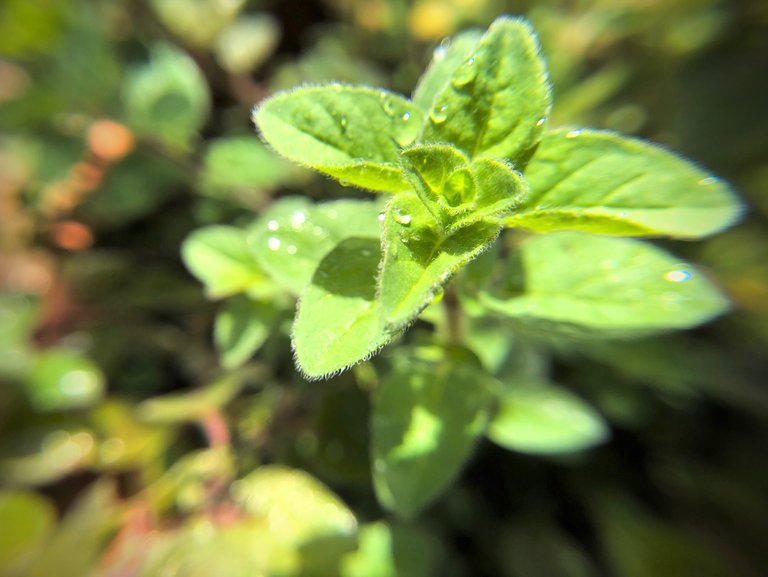


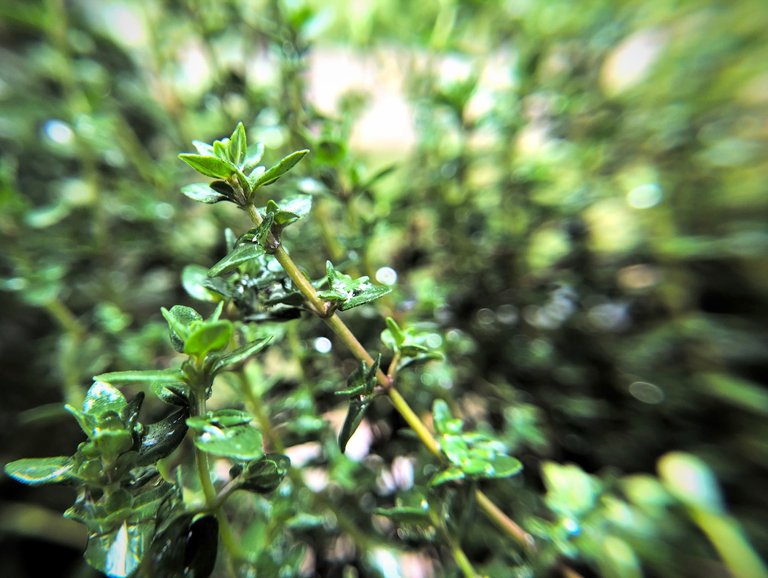





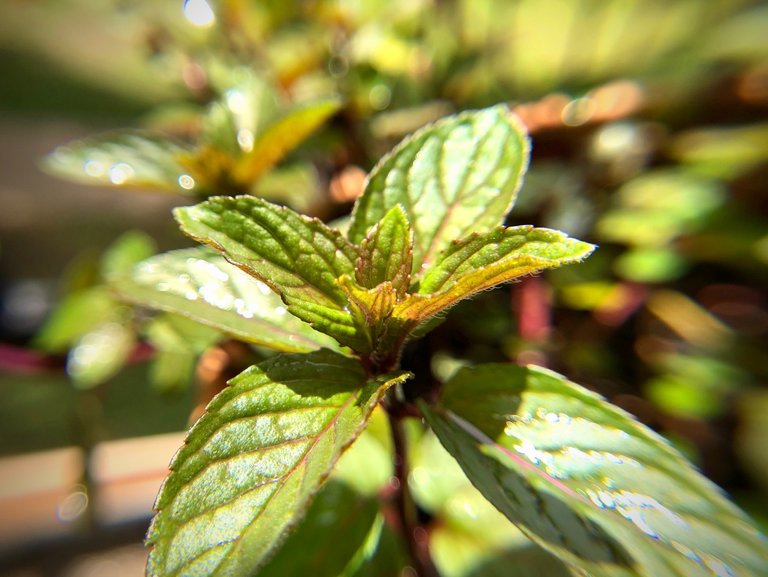
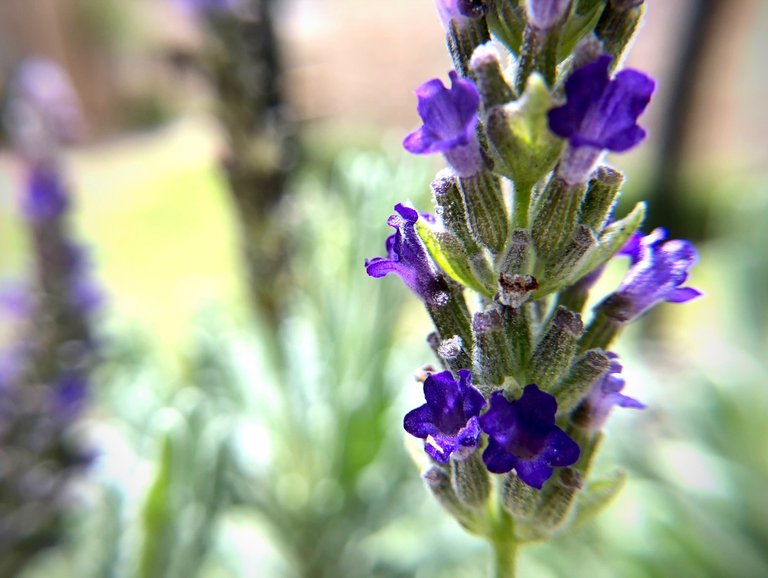


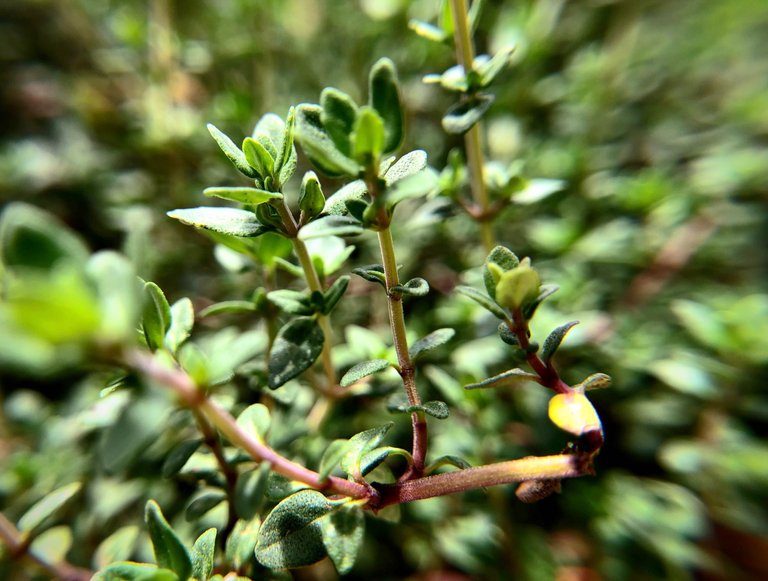
#posh #hiveblogshare
@porters here on behalf of @NaturalMedicine – through this I see writing is one of your mastered crafts! I agree with you that we all are creative beings in our many unique forms! It's getting in that creative flow where you can give birth to new artwork! I have recently taken up using photography for my creative outlet and I'm having so much fun and it also has bought me closer to nature for I do a lot of nature photography! with this I have no problem doing it every day. It seems my camera is becoming another appendage! I seem to take it every where! Loved this piece and I appreciate you sharing, very uplifting and gets me inspired to hone my craft more!
, which you can read about here. There's 100 HIVE on offer & lots of LOTUS to win!
Congratulations @d-pend! You have completed the following achievement on the Hive blockchain and have been rewarded with new badge(s) :
You can view your badges on your board and compare to others on the Ranking
If you no longer want to receive notifications, reply to this comment with the word
STOPDo not miss the last post from @hivebuzz:
Vote for us as a witness to get one more badge and upvotes from us with more power!
This is a great post! I love it. I have many ways of being creative and one of my favorite is using natural mind altering substances. Especially when using those consistently for a period of time it can definitely burn me out. So making sure I eat and sleep as much as I need to is vital. Also making sure I keep blood flowing through going on walks and taking breaks when needed is vital. Moderation & mixing it up while making sure you recover to keep a high positive energy level, all while staying consistently working and growing is what I feel is the key to being creative and not burning out! One love
Consistency. Constancy. They are rarely words applied to the creative process. I really enjoyed The Artists Way and learning the practice of daily creation. Funnily enough I have a degree in classical music so the daily discipline was nothing new to me at all. I just had some airy fairy idea that one waited for the creative muse to strike. I'm learning, over and over, HOW IMPORTANT creating is to my energy flow, and how my energy flow and "vibe" are the foundation for my health.
As always, your images are lovely.
More please!!
#POSH
Thank you for this post. I think perhaps the most important revelation of my own creative process is precisely that I'm not required to do anything. If I don't feel like creating, then any attempt to do so almost invariably ends in frustration. We all need to give ourselves some time to breathe, rest, dream and explore.